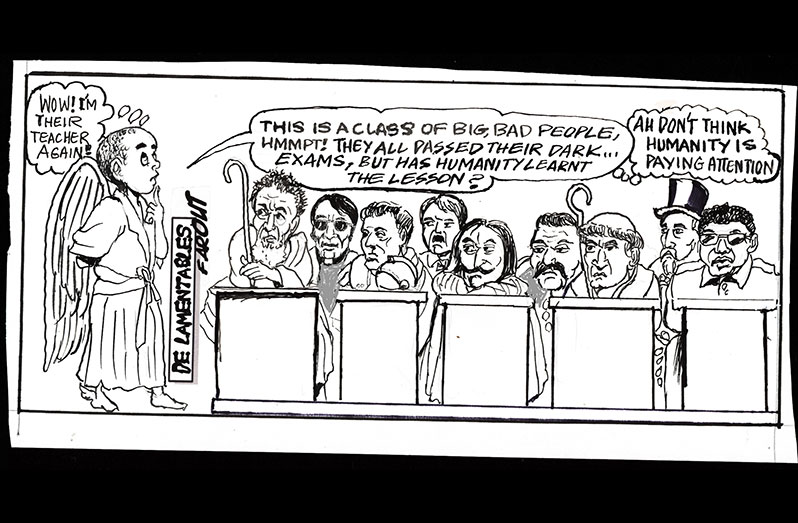JONESTOWN is by no means an unusual phenomenon in the context of belief-based tragedies. However, its impact raises essential questions about the use of faith and the dangers of the unorthodox surrender of the rational self in pursuit of a collective goal, especially when such a goal is placed in the hands of a single, persuasive human leader.
Jonestown exemplifies the power of religious fervour when manipulated to create an isolated society that follows its own rules dictated by one individual.
This is not a location that can be designated as a tourist attraction, but it certainly has other potential uses for national and historical reflection. There is speculation that entheogens, “psychoactive botanicals”, were used by the hierarchy of the cult. It is now widely known that Jim Jones himself was an addict, a common trait among leaders of such groups throughout history. This brings us to the nature of interaction that should be fostered for public understanding and education.
For those pursuing careers in social work, where engagement with individuals exhibiting dangerous behavioural patterns is crucial, Jonestown serves as a case study. Understanding the psychological development of leaders who establish cults can provide insight into similar figures throughout history.
 The Heaven’s Gate cult, like The People’s Temple, also pursued an extraordinary mystical objective. In 1997, members of Heaven’s Gate used barbiturates to sedate themselves before voluntarily departing this world in anticipation of a rendezvous with a UFO.
The Heaven’s Gate cult, like The People’s Temple, also pursued an extraordinary mystical objective. In 1997, members of Heaven’s Gate used barbiturates to sedate themselves before voluntarily departing this world in anticipation of a rendezvous with a UFO.
The term “cult” is often ambiguous, steering discussions away from the serious psychological and social influences that such movements can have. Today, the subtle influence of modern subcultures, often reinforced through social trends, persuasive leaders, or even pharmaceuticals, continues to shape societies in ways that are not always immediately recognised. Many young people are exposed to, and sometimes unknowingly consume, substances that alter their perceptions, often in moments of trust among peers.
The People’s Temple tragedy is part of the broader narrative of mass exterminations throughout history. Examining such events allows for a deeper understanding of the psychological and sociological factors that contribute to them.
The Jonestown site, while not a tourist attraction, should be considered a centre for studying the impact of radical subcultures and religious extremism on society.
History teaches us that movements can begin as seemingly harmless subcultures, but later transform into significant societal threats. The Nazi movement, for example, started as a small, ideological subculture. As Werner Maser details in his book, Hitler, Adolf Hitler himself was heavily dependent on pharmaceutical substances, which may have contributed to his extreme actions. The list of drugs he consumed is documented in Appendix D of the book.



.jpg)









